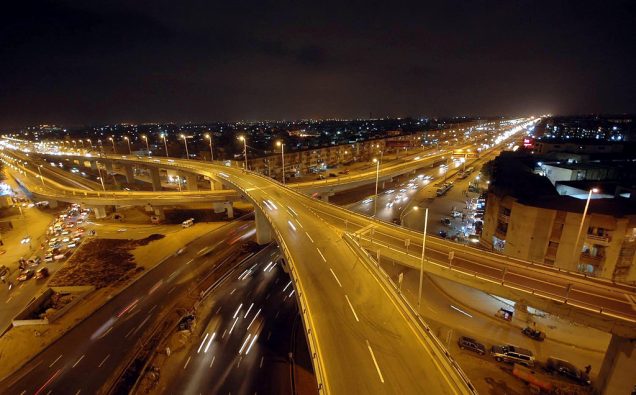
As Pakistan continues its remarkable economic turnaround after years of security challenges, international investment is fast making its way to the South Asian country as an expanding middle class gets money to purchase middle and high end commodities.
In a latest vote of confidence in the country’s economic outlook, Fitch Ratings has affirmed Pakistan’s rating at ‘B’ with a ‘Stable’ outlook. A series of reforms and inflow of investments have seen the country’s foreign exchange reserves rise to comfortable levels, fiscal deficit reduction, although exports remain below desired target.
But a strong domestic demand, private consumption and faster credit growth mean augur well for economic expansion and growth – indicating hopeful prospects for poverty reduction in a country of 200 million.
Fitch credit rating agency acknowledges that the country’s economic outlook has brightened and looks promising in the current fiscal year on the back of agricultural recovery and an influx of investments under the China Pakistan Economic Corridor (CPEC).
The banking sector’s peformance and the improvements shown across IMF’s Financial Soundness Indicators wherein the percentage of non-performing loans has also fallen considerably have also helped.
The investment friendly environment has attracted foreign investment from European and Asian countries. South Korea’s automobile giant, Hyundai Motor Company is the latest company planning to set up a car assembly plant in Pakistan in a joint venture with local textile firm.
Hyundai’s return to Pakistan will help shake up the Japanese-dominated car market and loosen up the grip of Toyota, Honda and Suzuki, which assemble cars in Pakistan with local partners.
Hyundai and South Korea’s Kia Motor used to assemble cars in Pakistan until 2004 but withdrew after their local partner Dewan Farooque Motors Limited went bust.
It was not clear how much capital Hyundai, South Korea’s largest automaker, would itself invest in the Pakistani venture.
The textile firm, Nishat Mills partnering with Hyundai is a subsidiary of Nishat Group, a giant in the Pakistani banking, textiles, energy and cement sectors. Its share price rose 1.4 percent after the announcement.
“We have signed a memorandum of understanding between the two companies and we will set up a … project for the assembly and sales of both passenger and commercial vehicles,” Nishat Mills company secretary Khalid Chauhan said.
Nishat Mills filed a statement with the Pakistan Stock Exchange saying the deal was “subject to applicable statutory and regulatory approvals”.
Last year, French carmaker Renault agreed to invest in a new factory in Pakistan and South Korean carmaker Kia Motor Co said it would start assembling cars in a joint venture with Karachi-listed Lucky Cement, part of the vast conglomerate Yunus Brothers Group.
The PML (N) government in Islamabad believes increased competition should bring down exceptionally high car prices in Pakistan, and in March it introduced a new auto policy favouring new entrants into the market by offering generous import duties.
The incentives have angered existing market players, some of whom have said publicly they should get similar terms. With a fast-expanding middle class Pakistanis could see a marked jump in car sales in the years ahaed.















